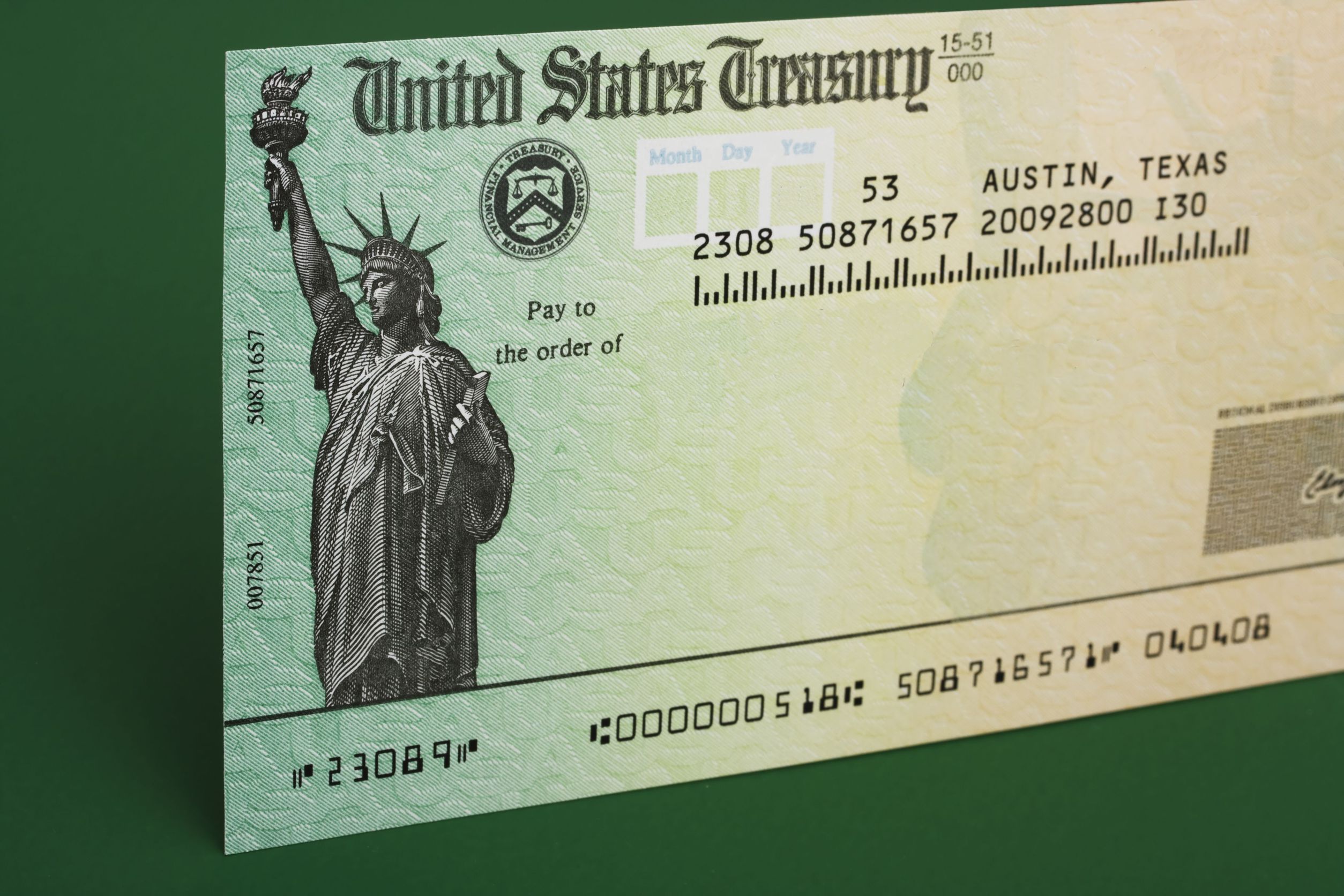Want to make the leap to self-employment after spending time in the corporate world? Making that change often requires a shift in mindset. To make it on your own, you have to start thinking like a business owner – not an employee.
Here are a few areas where freelancing and business ownership differ sharply from working a 9-to-5.
Follow These Tips
Your Office Hourly Rate Won’t Cut It When You’re Freelance
When you work in an office, an hourly pay rate of $30-$50 an hour might seem great. But when you’re freelance, it might barely be a living wage.
That’s because your expenses are totally different when you’re running your own business or working as a freelancer.
As a salaried employee, your company picked up the tab for a lot of things you’re now responsible for on your own. These include:

Health Insurance
When you work for an employer, your company splits the cost of health insurance premiums with you.
Typically the employer offers a single group plan to all employees or possibly a limited choice of plans. Their contributions to your premiums are not taxed at the federal level, and the amount you pay for your plan is also made pre-tax, which means your taxable income is lower, too.
As an individual, you have to do the work of researching and purchasing your own health insurance. As of this writing, that’s done on the Affordable Care Act’s exchange websites, each state has its own.
You may be eligible for a government subsidy to purchase one of these plans, but individual healthcare is often more expensive than employer-sponsored plans, sometimes by a lot.
Other Types of Insurance
Your business may require certain types of insurance to function depending on the industry you’re in.
Such as:
- Errors and omissions insurance
- Professional liability insurance
- Workers compensation insurance
- Business interruption insurance
- Cyber insurance
- Commercial property insurance
As an employee, your company paid for these. As an individual, you’re responsible for all of it—so make sure you’re factoring that into what you charge.

Taxes
The self-employment tax is, as of this writing, currently 15.3% of your adjusted gross income for Social Security and Medicare. As an employee, your company pays half of these taxes but as an individual or business owner, you’re responsible for the whole thing.
In addition, while your employer withholds taxes for you automatically with every paycheck, this isn’t the case when you’re self-employed. Most self-employed people pay their taxes up-front on a quarterly basis, and you have to remember to take a certain amount out of every check you get to prepare for this. We usually suggest 20-25%.
Overhead
Your overhead may be very limited or it may be a lot. The possibilities are endless, depending on your job and industry and include all of your business expenses, including inventory, property costs, electronics and machinery, computers, phones, advertising and marketing, vehicles, employees, and more.
Because of all these expenses, a generous-looking hourly salary for an employee won’t cut it for a business-owner. You have to factor all of these expenses in when you think about what to charge.

You Don’t Have to Say Yes to Everything
When you’re an employee, you do the work assigned to you. You don’t ask questions or turn down an assignment. As a business owner or freelancer, that can sink your business.
Your expenses as a freelancer are much higher than they are as an employee and not every job is going to pay your bills.
Some business owners and freelancers take low-paying work in the beginning because they’re desperate for anything. But do too much of that, and you could find yourself working all the time and still failing to pay your bills. This is how many businesses go under.
As an individual, it may not be worth it to take a lower-paying job even when you’re desperate because you could be spending that time prospecting for higher-paying work.
Your best strategy is to do the math on the bare minimum rate you need to survive covering all your business and personal expenses, with some wiggle room. That’s the lowest floor of wages you’ll take, anything below that could harm your business. So say no to lower-paying work.
Delegate, Delegate, Delegate
As an employee working for a big company, you basically have one job, nobody’s going to expect you to invoice the clients and chase them down if they’re late in paying.
If you run your own business, however, that’s not the case. You could find yourself wearing many hats including marketing and sales, invoicing and collections, delivery and accounting, in addition to what you went into business to do in the first place.
Handling all the tasks of a thriving small business can seriously burn you out. There are only 24 hours in a day and if you take on every task yourself, you could find yourself getting bogged down in other aspects of your business rather than doing what you’re good at – the skill that makes you money.
It isn’t free to outsource aspects of your business and that’s why many small business owners avoid it, at least in the beginning. But as your business starts to grow, you may hit a point where it actually costs less to hire a pro than to do it yourself and forego paying opportunities.

Hire a Professional Bookkeeper
That rule about delegating? It’s especially true when it comes to accounting. A bookkeeper can deal with all aspects of your money including cash flow and reporting, invoicing, profit and loss analysis, and more.
A good bookkeeper helps you keep tabs on your financial performance and identify where you can grow your profits. In many cases, an accountant’s work pays for itself.
As a freelancer or business owner, you become particularly aware that your time is worth something. If you bill at $100 an hour, which seems like an exorbitant sum for employees, but is actually pretty middle-of-the-road for many freelancers, you’re aware that every hour you’re not spending on things that make you money is costing you $100.
That’s a metric you can easily factor into the cost of hiring an accountant or outsourcing other key tasks.
We are Your San Rafael and San Francisco Bookkeeping Help
Are you thinking of making the leap from employee to freelancer or starting your own business? If so, give us a call. We’ll talk through the financials with you.
Whether you’ve been independent for a while or are just starting your new business, hiring a pro bookkeeper can be one of the smartest decisions you’ll make.
Schedule your free consultation now at our San Rafael or San Francisco office by calling (415) 455-9455.
- Preparing Your Tax Documents - February 1, 2024
- Making of a Successful Team Environment - December 31, 2023
- Got a Mistake on Your Tax Returns? - September 3, 2023

